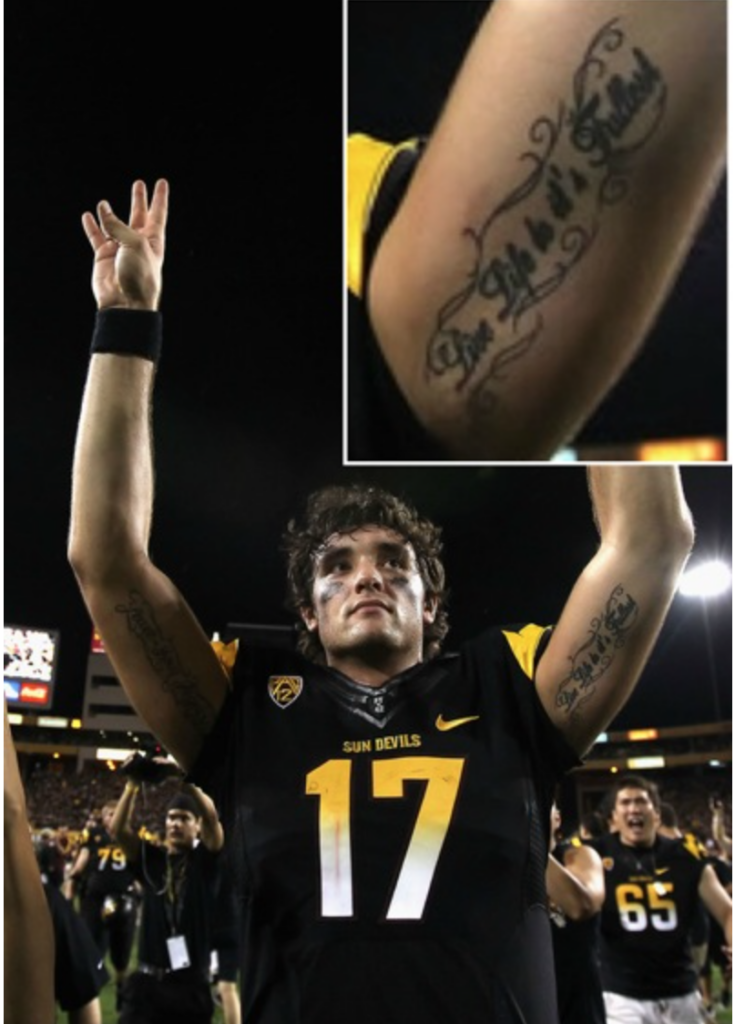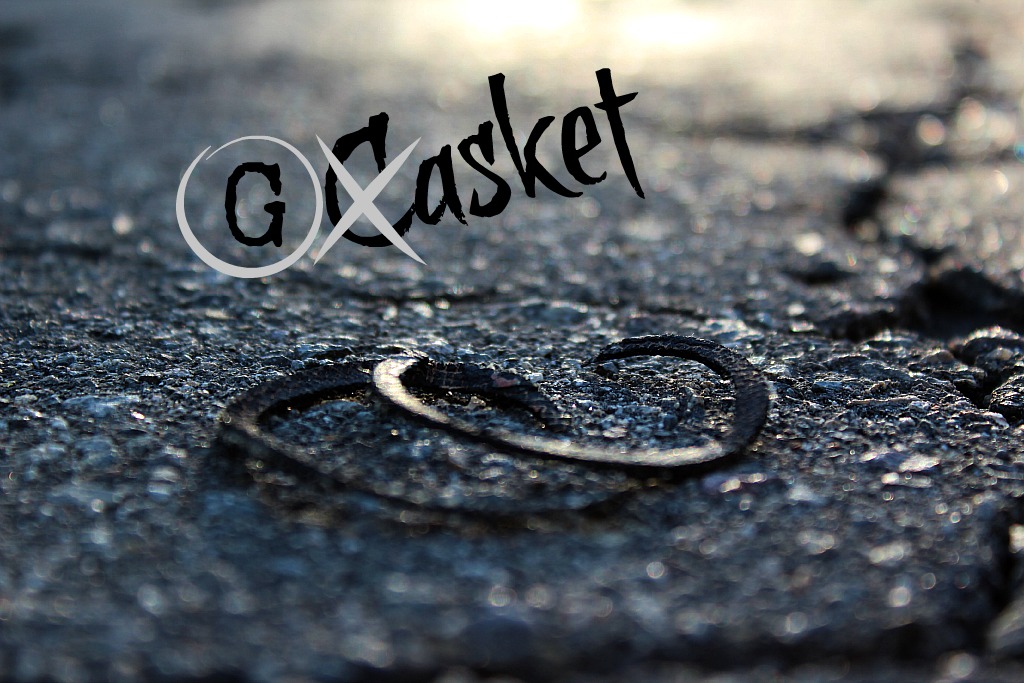LeBron James one time butchered a common idiom to describe why he walked off the court and took himself out of a game against Atlanta. In the locker room afterward, he explained to reporters that he blew a “casket.” What he meant was that he blew a gasket, a common expression used to indicate one becoming suddenly angry. The phrase’s literal meaning refers to the part that seals the junction between two surfaces, often in an engine. Blowing a gasket means an engine will suddenly leak. Thus the expression, “blow a gasket.”
LeBron isn’t alone in the misuse of idioms. I have no room to make fun of. After all, I described to a group of football coaches how someone had been demasculated (instead of emasculated) to express the ruthlessness of a friend’s job demotion. Arizona Cardinals Vice President of media relations, Mark Dalton, was there to correct me and laugh. Ever since, we’ve been discussing other common language misuses. It’s usually Mark teaching me. Most people’s errors aren’t as egregious as mine or LeBron’s but here are a few of the common language mistakes we make in the world of sports.
Prior to the snap, false start
A false start is when a lineman on the offensive team moves before the ball is snapped. Officials always announce it this way, but since the penalty can only happen before the ball is snapped, it is redundant to say, “prior to”. It should just be false start.
Revert back
This is also redundant. As in, “the quarterback reverted back to his old ways, throwing three interceptions.” The definition of revert is to go back to a former practice, condition, or belief. It’s unnecessary to add the word back. It should be, “the quarterback reverted to his old ways.”
Literally
“We literally hung in by the skin of our teeth.” OUCH, that would hurt if you were really hanging by the skin of your teeth. Literally, means you are being literal. You are describing something EXACTLY as it happened.
Live life to the fullest or live life to its fullest?
The correct inspirational phrase is live life to THE fullest. But both are widely used. However, it is not “live life to it’s fullest.” That’s the way it is tattooed on the arm of Denver Broncos’ quarterback Brock Osweiler. It’s is the contraction for it is, not the possessive its. So Osweiler’s tattoo translates to, “live life to it is fullest.”

Writers and broadcasters bury the lede, not the lead
The lede is the introductory section of a news story that is intended to entice the reader to read the full story. Lead is a verb meaning to show the way, to guide or direct.
Adding an S when you shouldn’t
It is daylight saving, not daylight savings. There isn’t an “s” on the end. And it is Anyway. Not anyways with an “s.” “I’m still going to the game today anyway.” Anyway is an adverb describing going and adverbs can’t be plural.
Irregardless when what you really mean is regardless
“The Patriots will make the playoffs irregardless of the outcome of today’s game.” Irregardless is a double negative. It’s just regardless.
What misuses have you heard? Share them with me on twitter Alex_Flanagan
